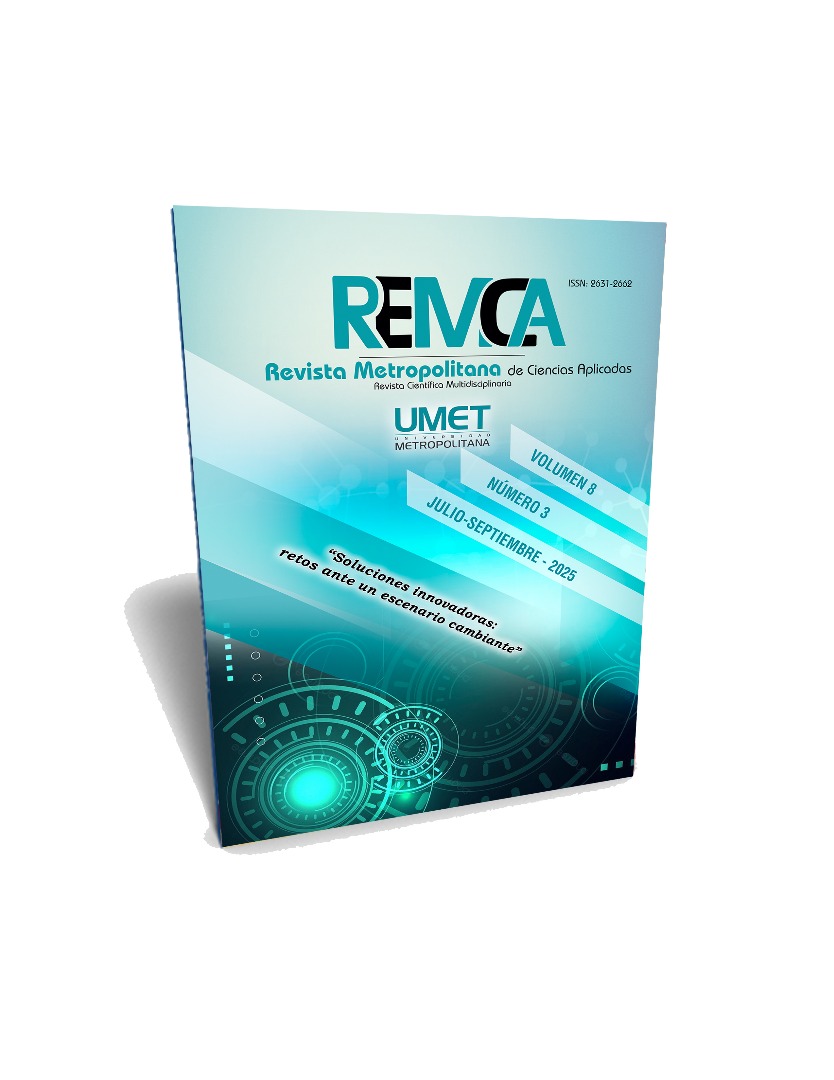Literary reading in children with intellectual disabilities.
DOI:
https://doi.org/10.62452/rr2mbf39Keywords:
Reading, literature, intellectual disability, Educational inclusionAbstract
Literature has traditionally been recognized as a powerful tool for education, emotional development, and the promotion of values. However, children with intellectual disabilities face significant challenges in learning and social interaction, which limits their access to the benefits of reading. These children may struggle to understand emotions, interpret social cues, and build meaningful relationships. Literature acts as a bridge to overcome cognitive, emotional, and social barriers, facilitating their inclusion in educational and community settings. Exploring the role of literature as an inclusive tool, highlighting its emotional, cognitive, and social benefits for this group, as well as the adaptations necessary to ensure their active participation and enjoyment, is essential. It was developed using a qualitative approach focused on case analysis in inclusive educational settings. The research offers an original approach by highlighting literature in inclusive educational contexts. It demonstrates the transformative capacity of literature to enrich the learning of children with intellectual disabilities and underscores the importance of building educational communities in which literature acts as a catalyst for respect, solidarity, and values, essential in a diverse and plural world.
Downloads
References
Bakhtin, M. (1981). Estética de la creación verbal. Siglo XXI Editores.
Bloom, H. (2023). The Anatomy of Influence: Literature as a Way of Life. Yale University Press.
Eagleton, T. (2022). How to Read Literature. Yale University Press.
Fernández, R., & López, M. (2022). Cognitive Stimulation and Aging: Strategies for a Healthy Mind. Cambridge University Press.
Goleman, D. (2021). Emotional Intelligence: Why It Can Matter More Than IQ. Bantam Books.
González, R., & Ramírez, L. (2020). Lectura inclusiva: Estrategias para el aprendizaje en personas con discapacidad intelectual. Editorial Educación y Diversidad.
Kaufman, S., & Gregoire, C. (2021). Wired to Create: Unraveling the Mysteries of the Creative Mind. TarcherPerigee.
López, M., & Fernández, J. (2018). Materiales adaptados para la enseñanza de la lectura. Revista de Innovación Educativa, 15(2), 35-42.
Manguel, A. (2020). A History of Reading. Penguin Books.
Nussbaum, M. C. (2021). Not for Profit: Why Democracy Needs the Humanities. Princeton University Press.
Pérez, G. (2019). Cuentos adaptados como herramientas pedagógicas en contextos inclusivos. Editorial Inclusión Literaria.
Smith, E., & Kosslyn, S. (2022). Cognitive Psychology: Mind and Brain. Pearson.
Downloads
Published
Issue
Section
License
Copyright (c) 2025 Yoel Jiménez-Gómez, Niguel Diéguez-Rodríguez (Autor/a)

This work is licensed under a Creative Commons Attribution-NonCommercial-ShareAlike 4.0 International License.
Authors who publish in Revista Metropolitana de Ciencias Aplicadas (REMCA), agree to the following terms:
1. Copyright
Authors retain unrestricted copyright to their work. Authors grant the journal the right of first publication. To this end, they assign the journal non-exclusive exploitation rights (reproduction, distribution, public communication, and transformation). Authors may enter into additional agreements for the non-exclusive distribution of the version of the work published in the journal, provided that acknowledgment of its initial publication in this journal is given.
© The authors.
2. License
The articles are published in the journal under the Creative Commons Attribution-NonCommercial-ShareAlike 4.0 International License (CC BY-NC-SA 4.0). The terms can be found at: https://creativecommons.org/licenses/by-nc-sa/4.0/deed.en
This license allows:
- Sharing: Copying and redistributing the material in any medium or format.
- Adapting: Remixing, transforming, and building upon the material.
Under the following terms:
- Attribution: You must give appropriate credit, provide a link to the license, and indicate if any changes were made. You may do this in any reasonable manner, but not in any way that suggests the licensor endorses or sponsors your use.
- NonCommercial: You may not use the material for commercial purposes.
- ShareAlike: If you remix, transform, or build upon the material, you must distribute your creation under the same license as the original work.
There are no additional restrictions. You may not apply legal terms or technological measures that legally restrict others from doing anything the license permits.




